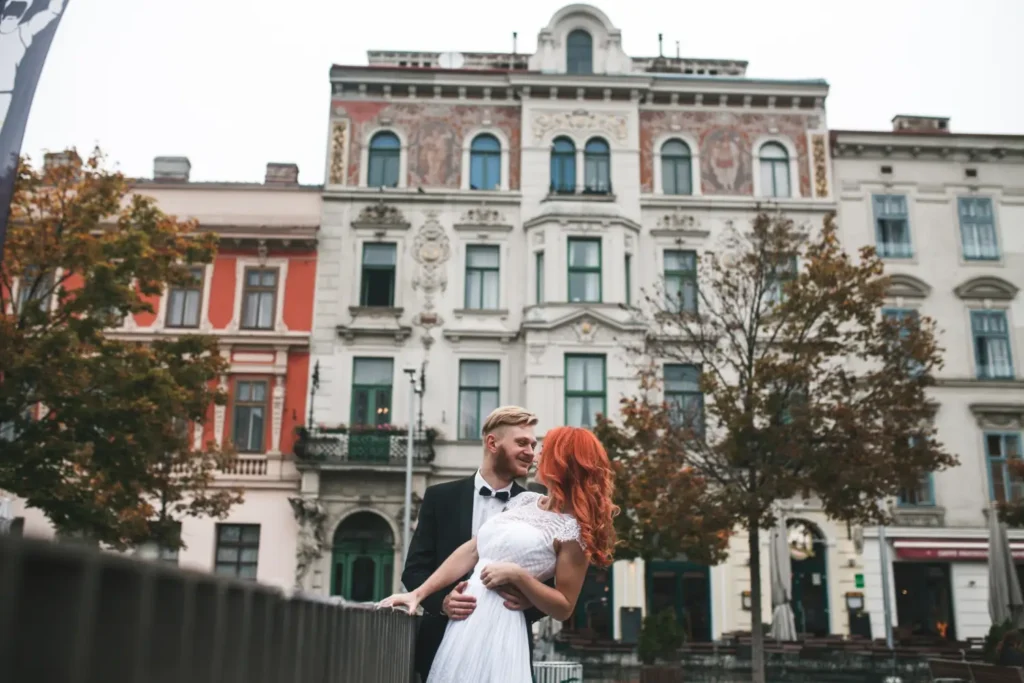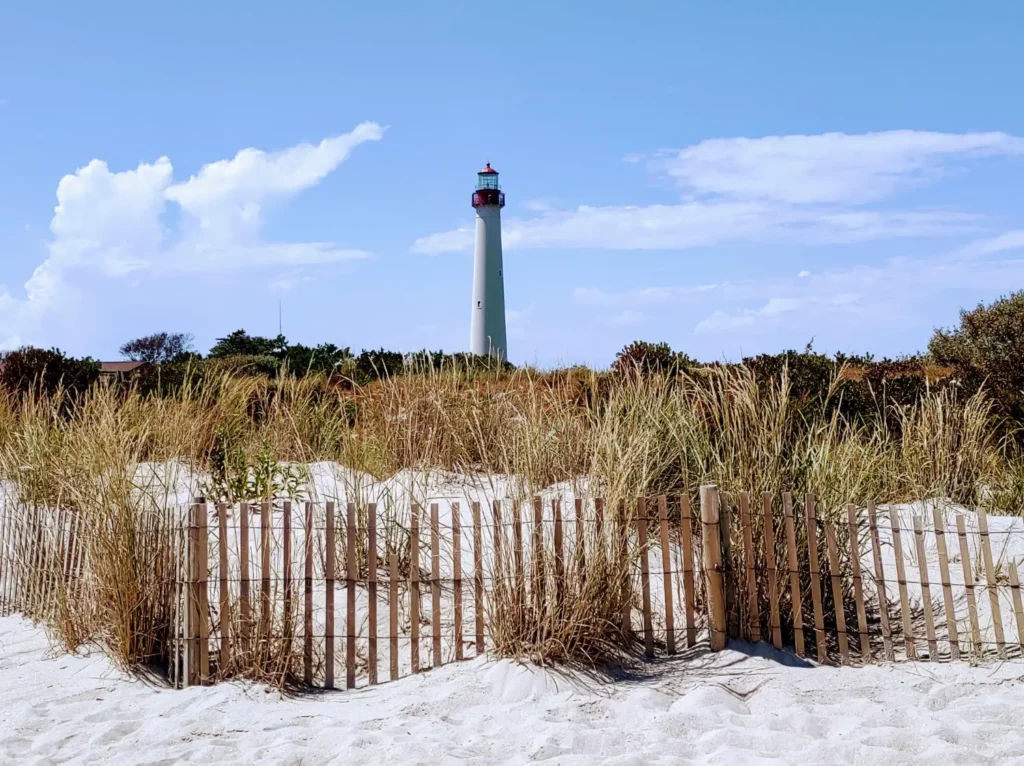How much does a wedding band cost in Boston
Trying to figure out what you’ll pay for a wedding band can be confusing. On the surface, it might seem as simple as picking a group and getting a quote. In reality, there’s a lot more going on behind the scenes. After years of helping couples plan their celebrations across New England, I’ve seen how pricing can shift dramatically. Even two weddings on the same weekend can end up with very different band bills. That’s the unpredictable part of live music.
This guide will break down what really goes into the cost of hiring a wedding band. We’ll cover average price ranges, what’s included in the standard fee, the extra charges that catch people off guard, and the effect of add-ons. I’ll include stories from real weddings and tips to help you avoid common mistakes. Whether you’re planning a formal event or something casual, you’ll find out what to expect and what questions to ask before booking. Let’s dig into the details and help you budget with confidence.
Wedding band cost in Boston

Wedding band prices can vary a lot, depending on what you’re looking for. Small groups, like a three or four-piece band, usually start around $3,500 and can go up to $5,000. These bands work well for smaller gatherings or cozy venues. Even with fewer members, they can keep the dance floor lively.
Mid-sized bands are more popular for many couples. With five to seven musicians, prices typically range from $6,000 to $10,000. This size offers a richer sound, room for a horn section, and flexibility with music styles. It’s a solid choice for most receptions.
If you want something bigger, large showbands are available too. These groups might have ten or more musicians and can cost $12,000 or higher. Expect big energy, lots of performers, maybe even costume changes. It’s a true concert experience for your wedding night.
Several factors can affect these prices. The number of musicians is a big one. The day of the week, time of year, and the type of equipment needed also matter. For example, Saturdays during peak wedding season in Boston are often more expensive. If your venue requires extra sound gear or lighting, costs can rise. Adding musicians or extra sets for the afterparty will also increase your total. Use these price ranges as a starting point, but remember that every event is different. We’ll look at more details and exceptions in the next sections.
What’s Included in the Base Fee
When you book a wedding band, what do you really get for the base price? Most couples expect the basics: live music during the main reception, simple sound equipment, and setup time. Generally, this means the band will play two or three sets across a few hours, bring their own microphones and speakers, and handle loading in and out. You’ll also get a planned setlist and a quick soundcheck before guests arrive.

But here’s where things can be confusing. Extras like cocktail hour music or special equipment requests are usually not part of the standard fee. Want someone to announce your first dance or provide a separate microphone for speeches? Those could cost more. Even requesting a unique song might mean an extra charge if it’s not already in the band’s repertoire.
Pro tip: Always read the contract carefully, line by line, before you sign. Overlooking the details can lead to unexpected charges for services you assumed were included.
Getting clear about what’s covered in the base fee will help you avoid last-minute surprises and keep your planning stress-free.
Hidden Fees to Watch Out For
This is the side of hiring a wedding band that often catches couples by surprise. You think the contract is settled and the numbers all add up, but small charges can appear when you least expect them. Even the most organized couples can be caught off guard by fees that show up late in the planning process. These costs can put a real dent in your wedding budget if you’re not prepared.

After years of helping couples plan live music for their big day, I’ve seen several extra fees pop up again and again. Watch out for these common charges that aren’t always obvious at first glance:
- Travel fees: If your event is outside the city or requires a long drive, extra costs for mileage and travel time may be added.
- Meals for the band: Most agreements require you to provide meals for every musician. This can mean buying dinner for five to twelve people, depending on the group size.
- Insurance add-ons: Some venues need extra liability insurance, and bands may pass this expense on to you.
- Parking and loading fees: Downtown venues or tight locations might mean you pay for parking or special loading access for the band’s vehicles.
- Vendor fees: Certain venues charge extra if you bring in outside vendors, including for power use or setup time.
- Early setup or late teardown: If your timeline requires the band to arrive early or stay late to set up or break down, expect additional costs even before the music begins.
Always read every detail in the contract, so you know exactly what you’re paying for and aren’t left with surprise charges after your celebration. If you want to see what transparent pricing looks like, take a look at our Boston wedding music band.
Travel and Location-Based Costs

Many couples are surprised to learn how much the location of their wedding impacts what they pay for live music. Travel expenses go far beyond just mileage. Think van rentals, tolls, gas, and sometimes even hotel rooms for the band. If your event is in Boston, the band might be able to pack up and head home the same night. But for a Cape Cod celebration, the crew is often facing a long drive and maybe an overnight stay, especially if the party runs late.
Venue logistics can add more to your bill. Old barns, beachfront venues, or historic mansions often have tricky parking or require carrying heavy equipment up stairs. Bands sometimes add fees for these challenges, especially if load-in takes extra time or effort. Demand also plays a part. Popular wedding destinations like Cape Cod can drive up prices, especially during busy months. Couples who want to save on travel fees should look into local options such as cape cod wedding band. Hiring a band that’s based closer to your venue often means fewer extra charges and more knowledge of the area.
The farther your venue is from a major city, the more you might spend on travel, accommodations, and moving all the gear. Always ask bands how your location will affect the total quote. A quick conversation about these details can help you avoid surprise costs and make sure everyone is prepared for a great night.
Add-Ons and Special Requests
The initial band fee isn’t the whole story. Many couples soon discover that the most memorable moments at their wedding come from those extra touches – features and requests that don’t come standard. Each special request adds a layer of excitement, but it can also increase the final bill in ways that catch couples off guard.
Every wedding is different. Some couples want a special song arranged just for them. Others decide on a bigger sound or extra musicians. These choices make the celebration feel personal, but it’s easy to lose track of how quickly costs add up. Being aware of the most common extras helps you plan ahead.
Popular Add-Ons
- Additional musicians (such as saxophonists, string players, or backup vocalists)
- Better sound equipment for larger or challenging spaces
- Special lighting (for dance floors, uplighting, or ambiance)
- MC or host services
- Live music for cocktail hour or ceremony
- Custom song arrangements
- Longer performances or after-party sets
How Add-Ons Affect Pricing
Picture this: a couple named Jamie and Morgan books a five-piece band for their reception. As their date approaches, they decide to add a saxophonist for their first dance and request an extra hour of music. Each addition involves more than just showing up – there’s rehearsal time, extra equipment, and travel involved. The extra hour means the full team, including sound staff, stays longer. What started as a straightforward invoice suddenly jumps by several thousand dollars.
Extras can make your wedding feel truly personal. Still, every add-on has a cost. The best approach is to decide what matters most, then ask for detailed pricing early in the process. Planning ahead keeps your budget under control and lets you enjoy those special moments on your big day.
Overtime and Last-Minute Changes
Extra costs can sneak up on you when your wedding celebration runs later than planned. It’s easy to get caught in the excitement and want the music to keep going. But most bands charge by the set or by the hour, and running past the booked time means overtime fees. Even last-minute song requests or changes in the schedule – like speeches going long or a delayed ceremony – can lead to extra charges. Musicians expect to be paid for any additional time or effort beyond what was agreed.
Here’s a quick checklist to help you manage overtime and avoid surprises:
- Ask about overtime rates per hour or set before you book.
- Find out how much advance notice the band needs to stay late.
- Make sure overtime costs are clearly listed in the contract.
- Plan for the possibility of running late – consider a DJ playlist for the final stretch if needed.
- Choose someone you trust (a planner or friend) to coordinate with the band if you want to extend the music.
Keep in mind, many Boston venues have strict end times. Good communication now means fewer surprises later. Plan ahead so your last dance ends on a high note, not a stressful one.
Wedding band cost vs wedding DJ cost in Boston
Wondering if you should go with a live band or stick with a DJ for your wedding? It’s a big decision for your budget. Most professional DJs in this region charge between $1,500 and $3,000. Their rates depend on things like experience and equipment. Live bands, especially those with great reviews, usually start at around $5000.

If your main goal is to save money, a DJ is usually the most affordable. But you might miss out on the lively, personal atmosphere that a band brings to the dance floor. Bands offer a high-energy experience and can really make the night memorable. For couples who want something in the middle, a hybrid setup can deliver both live excitement and budget control. In the end, the best choice is the one that matches your style and keeps your guests celebrating, whether your wedding is in Boston or nearby.
How to Get Accurate Quotes
If you want a clear answer on what a wedding band will actually cost, it pays to ask direct questions from the start. After years of working with couples and musicians, I know how frustrating it can be when a quote leaves out important details. A little preparation now can help you avoid unexpected charges later.
Always request a detailed, written quote that explains exactly what’s included. Ask about the number of musicians, how many hours of music you get, setup fees, travel costs, and anything else you think could affect the price. Don’t accept a vague estimate or a casual promise. It’s smart to compare offers side by side. Use this checklist to avoid missing important details before you agree to anything:
- Is the number of musicians and total performance time clearly listed?
- Does the quote include setup, breakdown, and travel time?
- Are sound equipment and lighting covered?
- What is the policy and price for overtime?
- Are meals and parking fees included?
- Does it mention insurance or required permits?
- Is there a payment schedule and cancellation policy?
Read every part of your quote carefully. If something seems unclear or missing, ask for more information right away. Our New England music band, make every detail clear from the beginning. Bands that are organized with their paperwork usually deliver a better experience on your wedding day.
Real-Life Boston Wedding Band Budgets
Budgeting for a wedding band always looks simple on paper. But real weddings tell a different story. Here are two examples that reveal how costs can shift from the first quote to the final payment.
The first couple, Emma and Drew, wanted the excitement of live music without booking a huge group. They chose a six-piece band for $5,800. That included four hours of music, sound equipment, and an emcee. As their wedding got closer, they realized they wanted more: a cocktail hour trio for $600, a unique song arrangement for $250, and a sound system upgrade for $400. Taxes and a travel fee were added, too. Their final total ended up at $7,400. Emma told me she expected it to be a bit less, but she loved the result. She said every guest danced and called it worth every dollar.
The second story is about Alex and Serena, who decided to make entertainment the highlight of their wedding. They started with a ten-piece band for $12,000. This price included a longer set and high-end sound. But their plans grew: extra horns, special lighting, and a live DJ for set breaks. They also added a violinist for the ceremony and, at the last minute, an after-party set. Each new request added to the bill. Some extras cost $800, others $1,500. When everything was added up, the final bill reached just over $17,000. Alex later joked they could have bought a used car, but said the memories were priceless.
The lesson here is simple. Even couples with a clear budget often spend more once they start choosing add-ons and upgrades. This happens often. It’s smart to leave room in your budget for surprises and always ask for a detailed quote. Planning ahead means fewer unexpected costs and more time enjoying the music at your celebration.
Tips for Saving Without Sacrificing Quality
Sticking to your wedding budget doesn’t have to mean missing out on a great band. There are smart ways to save without compromising on quality. One of the best strategies is to look at your date. Bands often charge less for events in late winter or early spring. Choosing a weekday instead of a Saturday can also bring the price down. If you’re planning music for the ceremony, cocktail hour, and reception, ask if you can book them together for a package deal. Bands usually offer a discount when you combine services, since it makes their day easier too.
Tip from the bandstand: “Ask bands if they’re open to discounts for off-peak dates or for referring friends. A simple conversation can sometimes lead to bigger savings.” – shared by a bandleader with decades of wedding experience.
Being upfront about your budget helps as well. Most bands will try to work with you if you explain what you can spend. They might suggest a smaller group or a shorter performance. Also, it’s a good idea to keep your song requests focused. Letting the band do what they do best usually means better music and less stress for you. With a few of these steps, you can enjoy a full dance floor – and keep your spending in check.
Final Thoughts on Budgeting for Your Band

After years spent juggling setlists, equipment, and last-minute requests, I’ve seen how booking a wedding band often comes with surprises. Costs can shift quickly. Think back to the couples mentioned earlier. Both started out with a solid plan, but the little extras, travel charges, and personal requests changed the total amount. In the end, the happiest couples were not necessarily the ones who spent the least. They were the ones who knew exactly what they wanted and budgeted to match their priorities.
Here’s a classic bit of New England wisdom: don’t leave things until the last minute. Begin your search for a band as soon as possible. Ask every question, and get every agreement in writing. It’s easy to focus on the big moments, like your first dance, but it’s the smaller details and honest conversations that help avoid surprise costs. When the night is over and you see your final invoice, you’ll be glad you took the time to plan ahead. Here’s to a memorable wedding soundtrack and a smooth planning experience.

